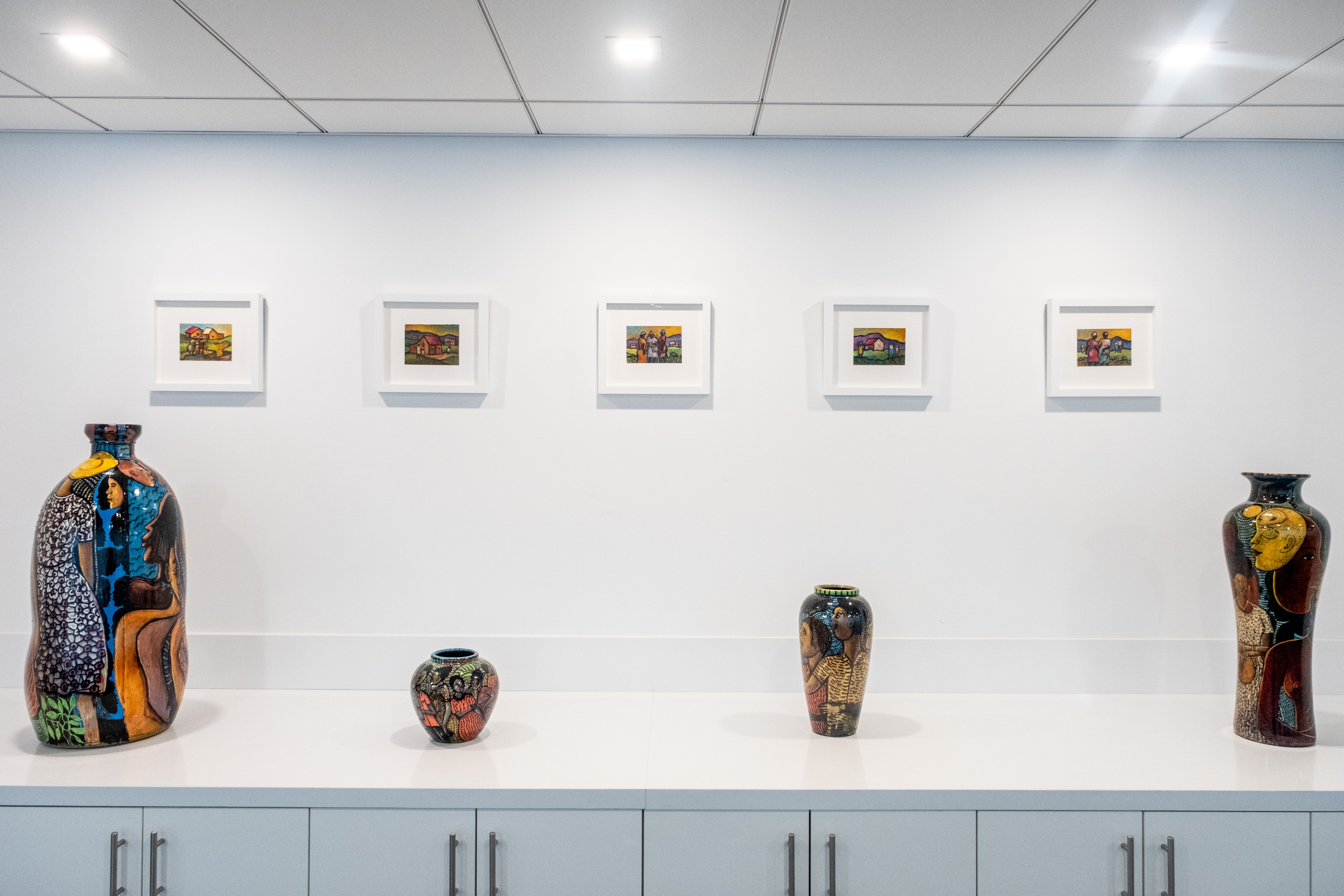On September 21, 1962, Sir Alexander Bustamante, then Prime Minister of the newly independent Jamaica, applauded as the island's black, green and gold flag was unfurled at the United Nations Headquarters in New York, marking Jamaica's entry, on September 18th, into that body as a member. Since then, despite limitations of size and resources, Jamaica has played an outstanding role in the United Nations' system, helping to focus international attention on such significant matters as human rights, decolonization, economic cooperation and indebtedness, and women's issues.
Jamaica has served on the United Nations Security Council (1979-1980) and on the Economic and Social Council on a number of occasion. Its representatives have frequently been elected to the Governing Council of several specialized agencies and other bodies in the United Nations Organization. Jamaican nationals have also served with distinction in various capacities within the Secretariat of the United Nations. It is of some significance that, as the international community celebrates the Fiftieth Anniversary of the United Nations, Jamaica's Permanent Representative to the United Nations in New York served as Rapporteur of the Preparatory Committee for that Anniversary.
Barely a year after becoming a member of the United Nations, Jamaica became highly visible when at the 1963 General Assembly, Senator Hugh Shearer, speaking in place of Sir Alexander Bustamante proposed that 1968 be designated the International Year for Human Rights to mark the Twentieth Anniversary of the Universal Declaration of Human Rights. In proposing that a year should be set aside for the world to focus on human rights, Jamaica had two objectives in mind. The first was that the year should be an event which would highlight and bring new attention to the promise made in the UN Charter and the Universal Declaration of Human Rights; the second, that the year should be a target towards which the UN and its Member States would work with renewed public commitment in their efforts to give effect to the principles of that Universal Declaration.
In June 1967, the UN General Assembly also accepted Jamaica's proposal for an international conference to review progress in the field of human rights. The conference was to be held in Teheran, Iran. The committee established to organize the programme of activities for the International Year for Human Rights was chaired by Jamaica's then Permanent Representative to the UN, the late Sir Egerton Richardson. The proclamation of Teheran adopted on May 13, 1968 by the International Conference on Human Rights expressed the belief that the enjoyment of economic and social rights is inherently linked with any meaningful enjoyment of civil and political rights and that there is a profound interconnection between the realization of human rights and economic development. Since 1968, much work has been undertaken in the United Nations, resulting in the adoption or entry into force of several very important conventions and mechanisms for the promotion and protection of human rights.
































































